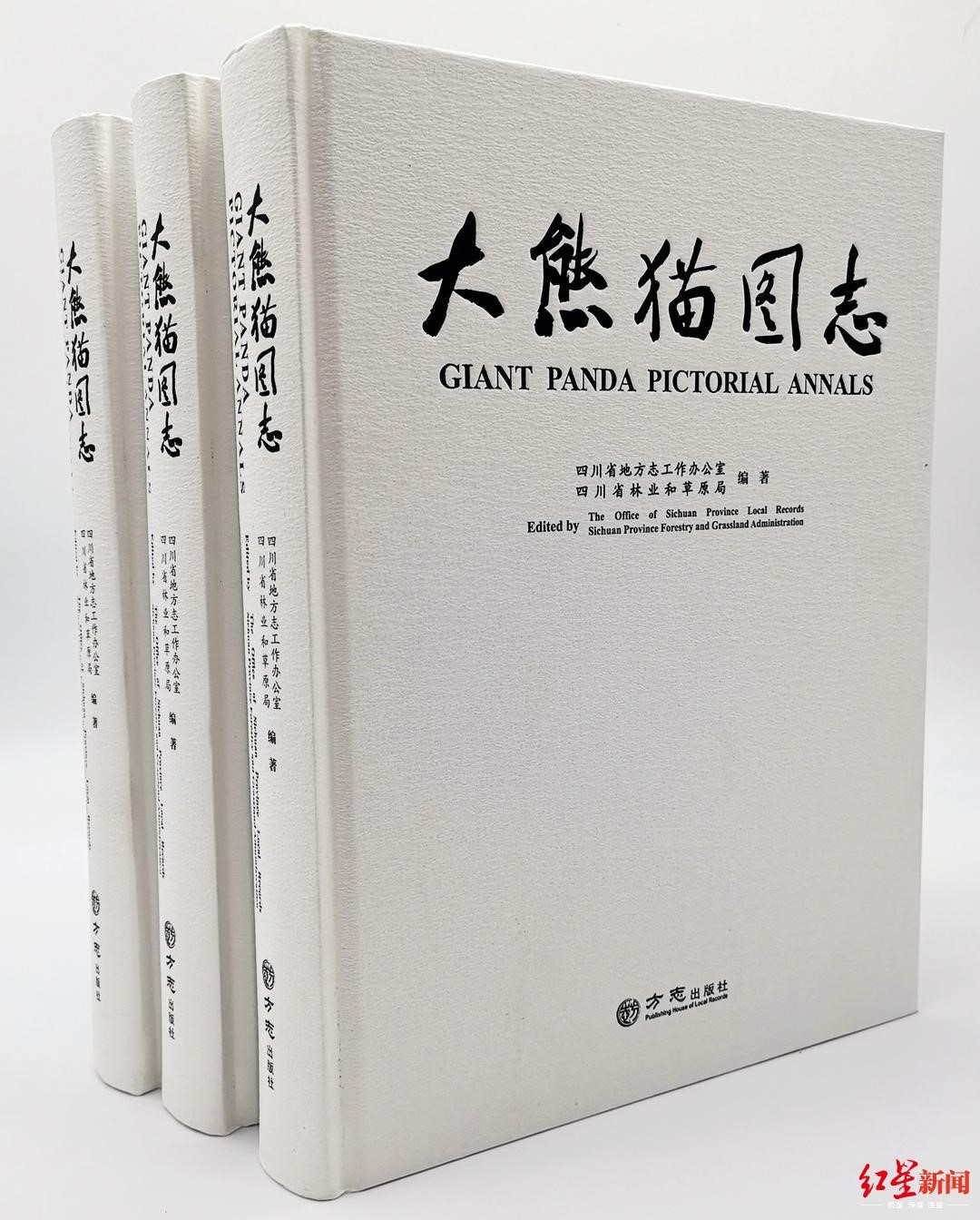
《大熊猫图志》是以大熊猫为记述对象的官修汉英双语图志。该书由四川省人民政府新闻办公室指导,四川省地方志办公室和四川省林业和草原局联合编著,红宝石官方网站hbs123翻译研究中心承担了全书的英文翻译。《人民日报海外版》2019年8月22日第11版专题报道。
该部志书为汉英双语,是以大熊猫为记述对象的官修图志,旨在以通俗简洁的语言和丰富精美的图片与画作,向社会各界全方位展示大熊猫的起源、生态、研究、保护和文化等内容。《大熊猫图志》分物种、生活、环境、研究、保护、文化6个篇章,近400页,约25万字,收录近500幅珍贵图片,通过权威的资料、客观的描述和丰富的图片,全景展现了大熊猫由濒危到“易危”、与人类渐行渐近、日益亲密的历程。英文为翻译研究中心师生们翻译。
译文选段:Although the ancient names of the giant panda remain controversial, man has had associations with giant pandas since ancient times. For example, bones of giant pandas were found in the mausoleum of Empress Dowager Bo, mother of Emperor Wen of Han Dynasty.
But it was not until 1869 that giant pandas appeared on the world stage.
On February 28, 1896, French naturalist Fr Jean Pierre Armand David came from Beijing to Dengchigou Catholic Church in Muping (now Baoxing County), Sichuan Province, to collect specimens of various plants and animals. On March 11 when a hunter by the surname of Li, invited David to his home, David caught a glimpse of a black-and-white pelt on the wall. Though he was steeped in zoology, he found that he had never seen such animal before, and there was no report of it in any zoology treatise he had ever read. So he asked Li to capture one for him.
David wrote in his diary: “... We found an unfurled black-and-white pelt on the wall, which was unique and aroused my interest. I was delighted to hear from my fellow hunter that I would soon have one of this species of animal. The hunters will set out tomorrow to catch one in the wild. It certainly looks like an interesting new species!”
On March 23, the hunters found a panda cub for David, but unfortunately, it died. Although David felt sorry for it, he still made careful observation and decided that it was "a new species of bear." On April 1, a live adult panda was captured by hunters and David was so pleased with that.
It was a pity that this adult panda also died. David took its fur and bones (he numbered the bones), and shipped them to France. Along with the specimens was a paper written by him. The recipient of these treasures was Milne Edwards, director of National Museum of Natural History in Paris. He appealed to Edwards that experts be asked to make studies of these specimens, and that the findings by the experts be published.
After receiving David's paper and specimens, Edwards published David's description of this species on page 13, volume 5 ofNew Archives of National Museum of Natural History in Parisreleased in 1869. The specimens were reclassified and made available to the public, attracting a large number of visitors and arousing a sensation in the European biology circle. David thus became the first scientist out of China to introduce the Chinese giant panda to the world. The "black-and-white bear" he found and described was taken as the type specimen of the giant panda.